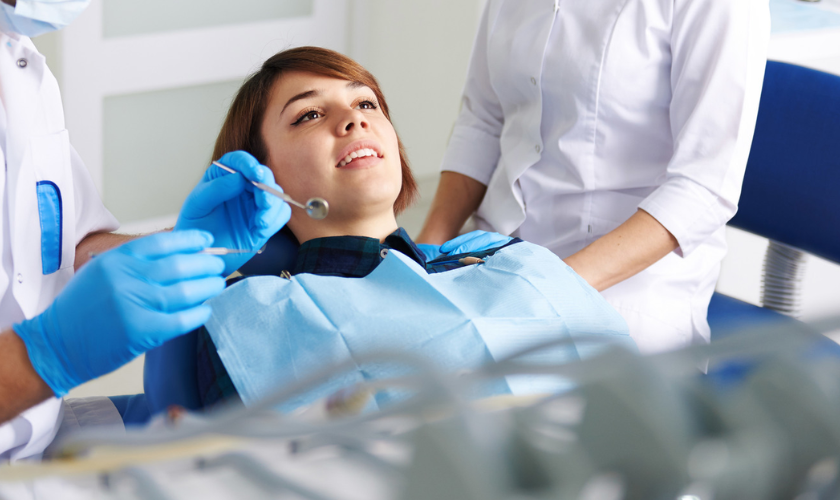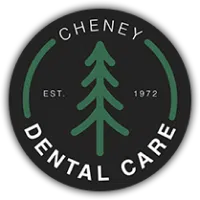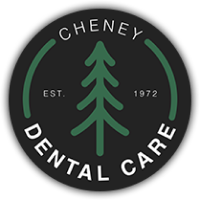What Does Sleep Dentistry Feel Like? An Insightful Guide

Sleep dentistry, also known as sedation dentistry, has become a beacon of hope for individuals experiencing dental anxiety or requiring extensive dental procedures. This innovative approach ensures that patients remain comfortable and anxiety-free during their dental treatments. In this comprehensive guide, we’ll delve into the sensations associated with sleep dentistry, demystifying the process for those contemplating this option.
Understanding Sleep Dentistry
Sleep dentistry utilizes various forms of sedation to create a relaxed, dream-like state for patients undergoing dental procedures. The sedatives can range from mild, where the patient is awake but relaxed, to deep sedation, where the patient is on the edge of consciousness but can still be awakened.
Types of Sedation Used in Sleep Dentistry
Nitrous Oxide (Laughing Gas): This is a mild sedative that helps patients relax during their dental procedure. Patients remain awake, able to communicate, but feel a pleasant level of relaxation.
Oral Sedatives: Taken about an hour before the procedure, oral sedatives can range from mild to moderate depending on the dosage. While under the influence of these sedatives, patients feel drowsy but are still awake.
IV Sedation: Administered directly into the bloodstream, IV sedation works quickly and its level can be adjusted throughout the procedure. It can induce a state of deep relaxation or semi-consciousness.
General Anesthesia: Used for extensive dental surgeries or for patients with severe anxiety, general anesthesia renders the patient completely unconscious. They will not awaken until the effects of the anesthesia wear off.
The Experience of Sleep Dentistry
Before the Procedure
The journey into sleep dentistry begins with a thorough consultation with your dentist. They will evaluate your medical history, discuss your anxiety levels, and select the most appropriate form of sedation for your procedure.
During the Procedure
What does it actually feel like to be under sedation dentistry? Here’s what patients commonly report:
Nitrous Oxide: A sense of euphoria or light-headedness, with a calming effect that helps mitigate the fear and anxiety associated with dental procedures.
Oral Sedatives: A deeper state of calm and relaxation. Many patients report feeling sleepy or having fuzzy memories of the procedure.
IV Sedation: A more profound relaxation, often with little to no memory of the procedure. Patients might feel as if they slept through the entire process.
General Anesthesia: A complete loss of consciousness. Patients wake up after the procedure with no memory of it.
After the Procedure
Recovery from sedation varies depending on the type used. Patients might feel groggy or sleepy for several hours post-procedure. It’s essential to have someone available to drive you home and supervise for a short period after.
Benefits of Sleep Dentistry
Sleep dentistry offers numerous benefits, including:
- Reduced Anxiety: Ideal for patients who experience dental phobia.
- Comfort: Minimizes physical discomfort during procedures.
- Efficiency: Allows dentists to work more effectively, potentially reducing the number of visits required.
- Memory: Little to no memory of the procedure, which is particularly beneficial for those with dental anxieties.
Choosing the Right Sedation Option
Consult with your dentist to determine the most suitable sedation dentistry option for you. Factors to consider include your level of anxiety, the complexity of the dental procedure, and your overall health.
If you’ve been putting off dental treatment due to fear or anxiety, sleep dentistry might be the solution you’ve been searching for. Contact us today to schedule a consultation and take the first step towards a pain-free, anxiety-free dental experience.
Frequently Asked Questions (FAQs)
Q. Is sleep dentistry safe?
A. Yes, when performed by experienced and qualified professionals, sleep dentistry is considered safe. Your dentist will review your medical history to choose the safest sedation option for you.
Q. Can I drive myself home after sleep dentistry?
A. No, it’s essential to arrange for someone to drive you home after your procedure, as the sedatives used in sleep dentistry can impair your reaction times and judgment.
Q. Will I feel any pain during the procedure?
A. Sleep dentistry significantly reduces or eliminates pain during dental procedures. Patients are either in a relaxed state or completely unconscious, depending on the type of sedation used.
Q. How long does the sedation last?
A. The duration of sedation effects varies depending on the type of sedative used. Your dentist will provide specific instructions and what to expect in terms of recovery time.
Sleep dentistry offers a comfortable and anxiety-free option for those apprehensive about dental procedures. By understanding what to expect from the experience, patients can approach their dental care with confidence, knowing they will be relaxed and comfortable throughout their treatment.


